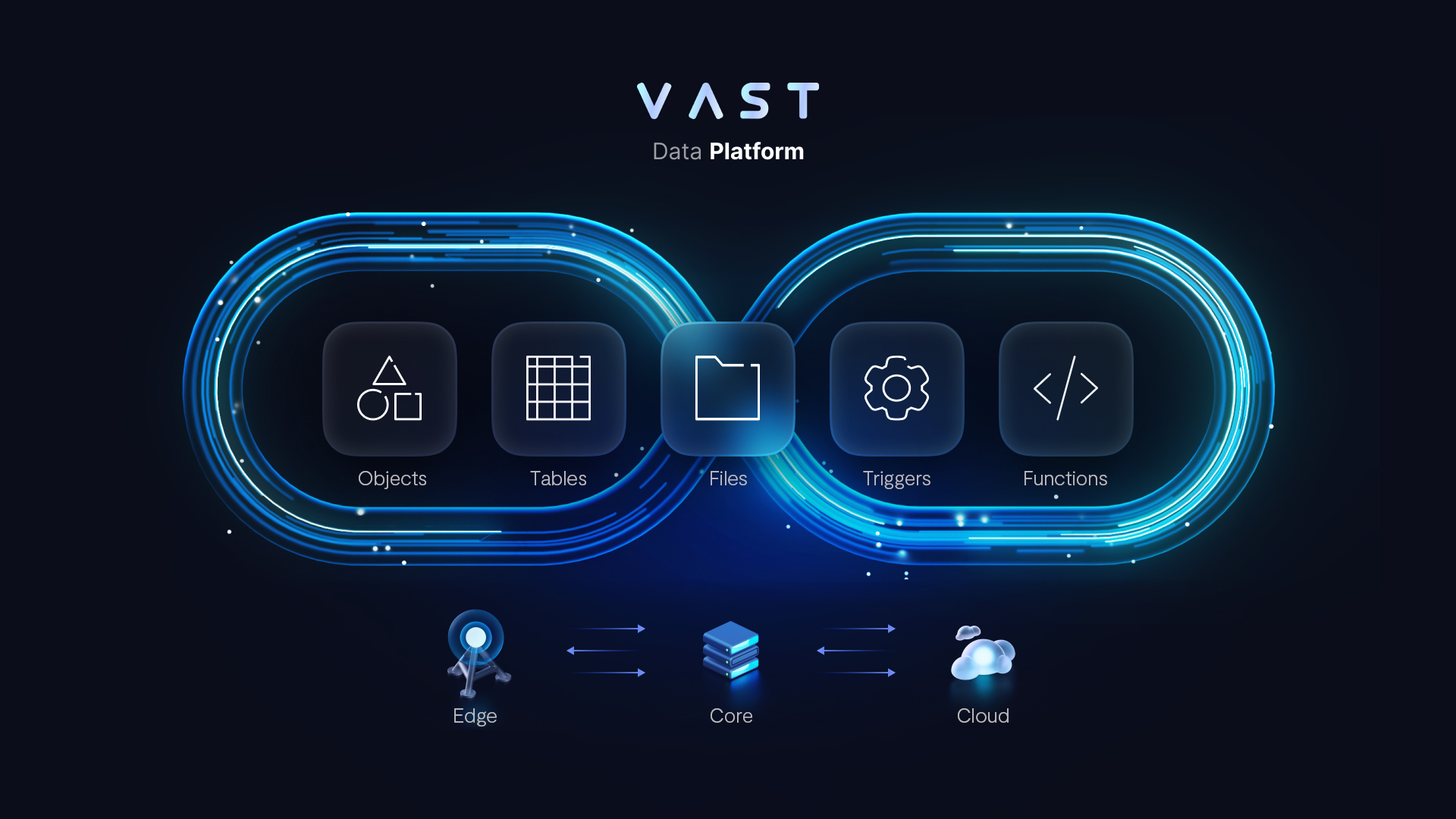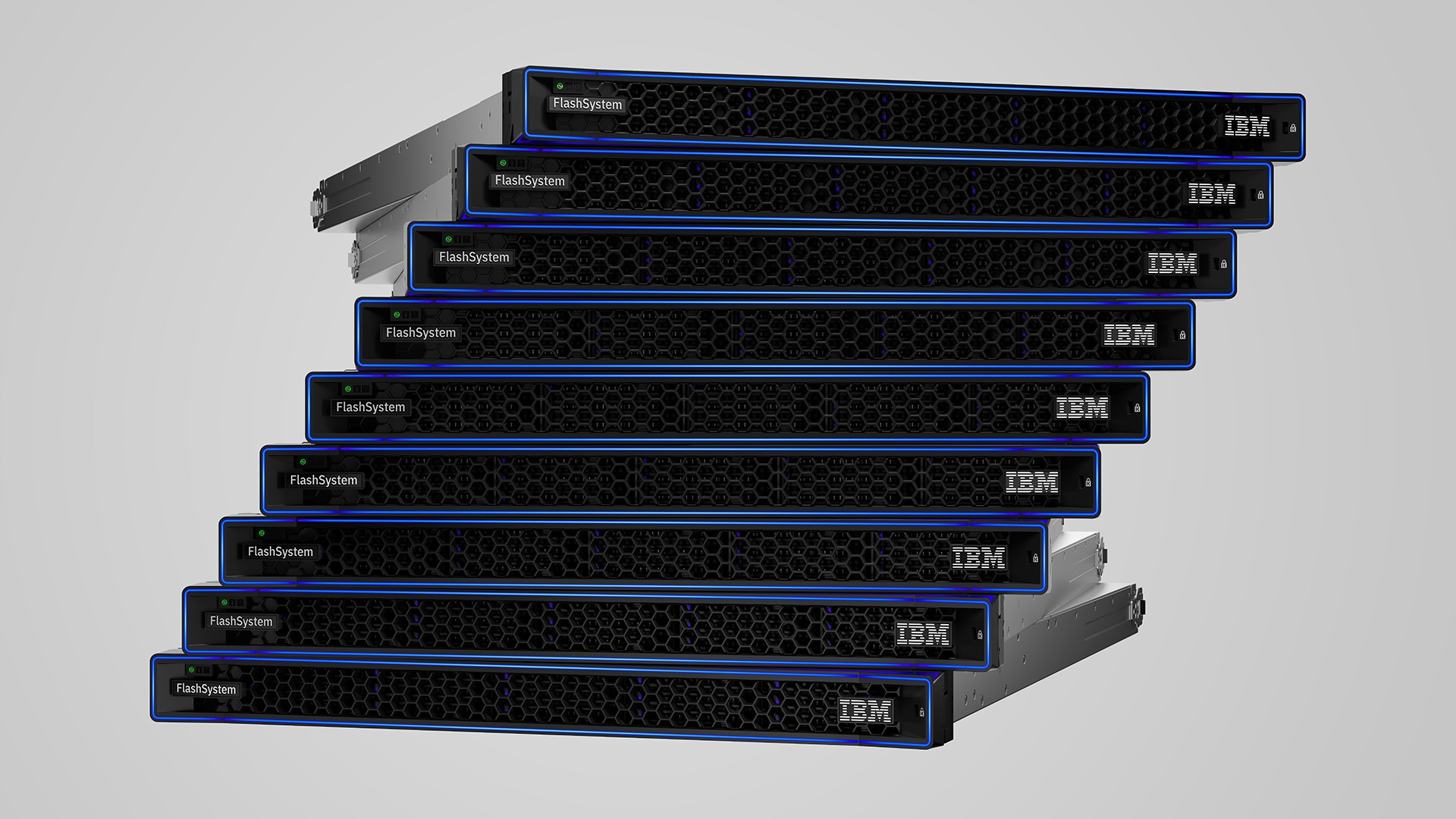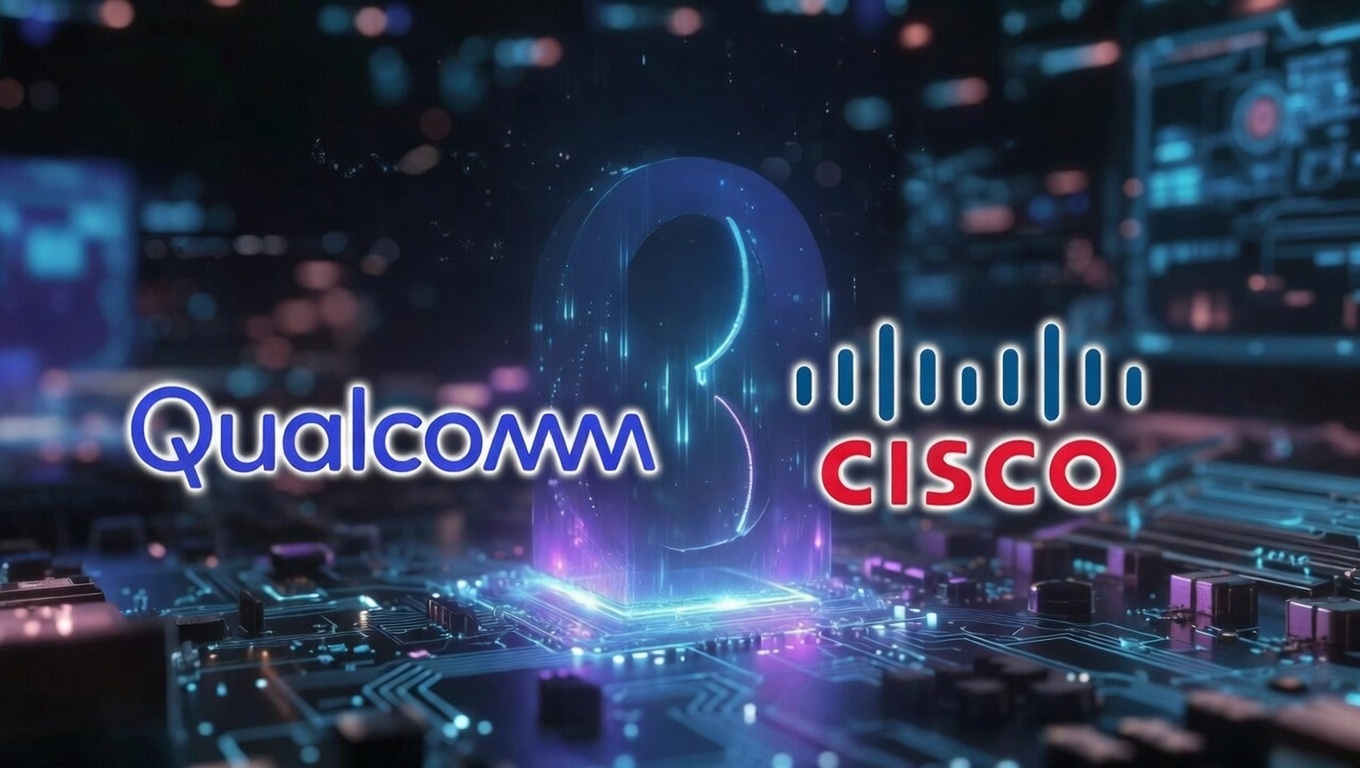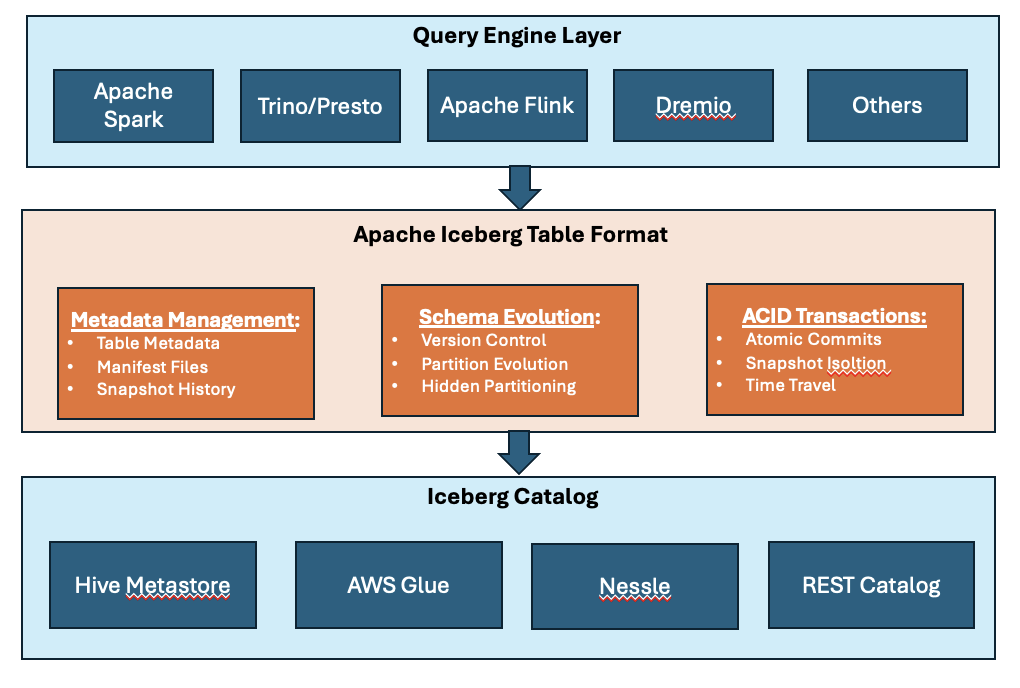
Meter, a networking company founded in 2015, stands out in the networking world by offering a complete, integrated approach to Networking-as-a-Service (NaaS). They combine their own hardware, software, deployment, and ongoing operations into a single, straightforward subscription. This setup differs from traditional networking models and many other NaaS options, which often focus just on management software or financing, rather than deep integration across the entire networking stack.
Who Meter Helps & The Problems They Solve:
Meter primarily serves companies with single large locations or multiple locations that need reliable, secure, and adaptable network infrastructure, especially if their IT teams are small or already stretched thin.
Meter leverages its internal expertise and local partnerships to tackle the complexities, upfront costs, and day-to-day burden of setting up and running enterprise networks. This includes handling wired connections, Wi-Fi, and cellular (Neutral Host CBRS in the US). For lean IT departments, Meter essentially acts as a specialized, outsourced networking team, freeing internal staff to focus on more strategic work rather than routine network issues.
How Meter Works:
Meter’s unified, cloud-managed platform optimizes its in-house designedhardware.
- They Make Their Own Hardware: A key difference is that Meter designs and builds its core networking hardware, including security devices, switches, Wi-Fi access points, and Power Distribution Units (PDUs). Meter believes this end-to-end control leads to better quality, performance, and security. While they do use partners like Airspan for Cellular Access Points (CAPs) in their neutral host cellular offering, Meter develops its primary network devices internally.
- Software-Driven & Cloud-Based: All Meter hardware is controlled through their proprietary cloud platform, giving central visibility and management across the enterprise. The software-first approach allows for quick deployment, automatic updates, and active monitoring.
- Neutral Host Cellular (Meter Cellular): Meter extends its NaaS model to cellular using the CBRS frequency spectrum. Its Meter Cellular service delivers enterprise-grade cellular networks as a fully managed service, extending coverage from major US carriers. This covers the radio hardware (CAPs), core network functions, and ongoing maintenance, bringing cellular reliability and performance to specific business needs without the customer managing a complex cellular backbone.
- AI for Network Operations (Meter Command): Meter’s generative AI interface, Meter Command, lets IT teams manage their network using everyday language. This aims to simplify troubleshooting, configuration, and insights, further reducing the workload on IT staff.
Key Advantages & Features:
- Predictable Pricing: Flexible monthly costs based on square footage or locations, available as OpEx or CapEx. This outcome-based model ensures customers pay for performance, not hardware or licensing fees.
- Built-In Security: Security features including advanced firewalling, DNS protection, intrusion detection and prevention, and Zero Trust functions are integrated directly into Meter’s system, not added on separately.
- Proactive Maintenance: Meter handles all hardware maintenance, upgrades, and replacements as part of the service, ensuring the network stays current and performs well.
Important Partnerships:
- Microsoft: Meter’s collaboration with Microsoft involves:
- Technical Collaboration and Support: Microsoft provides design and performance expertise for Meter’s next-generation hardware and software.Advanced Computing: Meter leverages Microsoft Azure AI computing infrastructure for AI training, analysis, and capabilities (e.g., for Meter Command).
- Market Reach: Leveraging the Microsoft Azure Marketplace and Microsoft’s sales teams helps expand Meter’s presence worldwide.
- World Wide Technology (WWT): A partnership with this $20B solutions provider greatly increases Meter’s ability to deliver its unified, subscription-based networking system to more enterprise customers, especially those with many locations or global needs.
- AVANT Communications: A partnership with this master agent gives Meter access to a large network of “Trusted Advisors,” helping more businesses adopt their NaaS solutions.
How Meter Differs from Larger NaaS Providers (like Cisco and HPE):
While big players like Cisco (with Cisco Plus) and HPE (with GreenLake for Networking) are deeply involved in NaaS and Hardware-as-a-Service (HaaS), Meter’s unique position comes from its deep integration and its tight focus on the “Internet Utility” concept:
- Level of Integration:
- Meter: Designs and builds its own core networking hardware (switches, access points, security devices, power) and develops all related software and operations. This provides a truly cohesive, optimized, and single-vendor experience.
- Cisco/HPE: While they offer broad NaaS portfolios, these often involve bundling existing product lines (hardware, software, services) that might not have been created with the same “built-for-service” mindset. They also rely on a wider network of partners to deliver the “service” part, which can lead to more varied results.
- “Internet Utility” Simplicity:
- Meter: Strives for extreme simplicity on an outcome based design – one bill, often priced by square footage, for a network that just works. Customers trade some granular control for operational ease.
- Cisco/HPE: While offering operating expense models and managed services, their solutions, especially for bigger businesses, can still involve more complexity, configuration, and numerous product items. Their NaaS offerings often wrap financing and management around existing, extensive product lists, rather than being a fundamentally redesigned, simplified system.
- Target IT Team Size:
- Meter: Specifically helps businesses with small network teams who benefit immensely from offloading their network management function.
- Cisco/HPE: While their NaaS offerings can lighten the load on the enterprise IT team, they often assume some level of in-house networking knowledge and involvement, especially for customization and integrating with complex, older systems. Their solutions tend to appeal to larger organizations with established IT departments looking for financial flexibility or specific managed services.
- Cellular Approach:
- Meter: Delivers Neutral Host CBRS as a fully managed service, making the core network simple for the customer.
- Cisco/HPE (via Ericsson for Cradlepoint): While also offering private 5G, these larger companies provide more options for customers to manage core elements themselves and offer a wider range of deployment models that require internal telecom expertise, though simpler options are emerging.
Outlook:
Meter is well-positioned for continued growth, especially as businesses look to simplify their IT operations, lower capital spending, and adopt new technologies like Neutral Host CBRS without the usual operational headaches. Their deep integration and focus on delivering networking as a simple, pay-as-you-go service gives them a strong edge over much larger competitors. The major partnership with Microsoft highlights their technological ambition and potential in the market, and provides impressive external validation to their approach. Meter’s approach to the networking market appeals to a growing demand for a network that truly feels like an invisible utility.
Competitive Outlook & Advice to IT Buyers
These sections are only available to NAND Research clients and IT Advisory Members. Please reach out to [email protected] to learn more.




